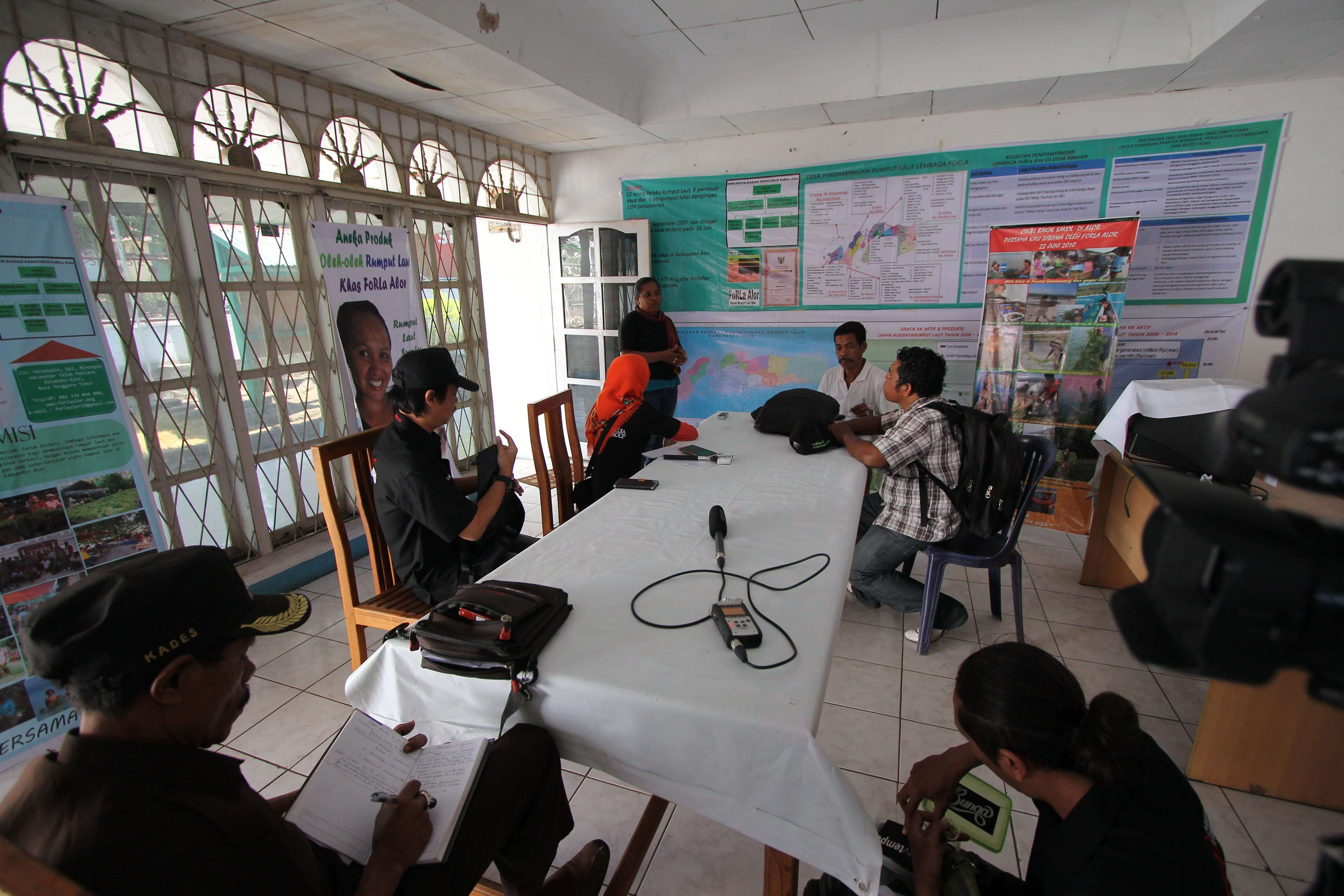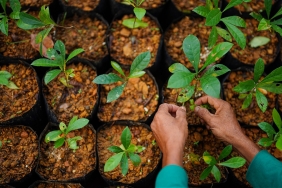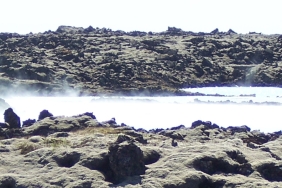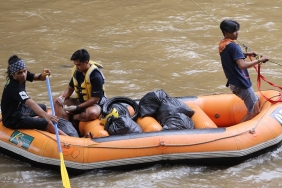ALOR STARTS ITS COASTAL WASTE DATA COLLECTION THROUGH CITIZEN SCIENCE NETWORK
By: Ratih Permitha
During 2018, WWF-Indonesia work together with partners, academics, government and other environmental communities encouraged citizen science networks. Various conservation areas in Indonesia are targeted, including the Pantar Strait Marine Protected Area and the surrounding sea in Alor Regency.
Alor Regency is one of the 2016 best dive sites in Indonesia. Alor has high marine potential and marine biodiversity. Unfortunately, waste is one of the problems that threatens the sustainability of the ecosystem and tourism in this area.
According to a survey by WWF-Indonesia and the Alor Regency Environmental Service in 2018, Alor's condition is like an inverted pyramid. "The production of plastic waste is massive, but there are very few efforts to recycle it," said Faryda Veronica Lamma Kolly from the Chemistry Department at Tribuana Kalabahi University, regarding the waste management system in Alor Regency.
“Plastics take hundreds of years to decompose. They will break down into small pieces or microplastics with a size of less than 5 mm which can enter the marine animals bodies we consume," added Erdi Lazuardi, Project Executive for Lesser Sunda, WWF-Indonesia.
Therefore, in line with the government's program to reduce waste production by 2025, Alor is preparing to take new steps in waste management, namely collecting data on coastal waste.
We held a Waste Data Collection Training Through the Citizen Science Network on December 18, 2018 in Kalabahi, the capital city of Alor Regency. This activity aims to improve the ability of the people involved so that data collection can r. "Trash data collection is very important to develop recommendations and regulations for better waste management," said Made Putri Karidewi, Plastic Free Ocean Program, WWF-Indonesia.
The training was opened by the Rector of Tribuana Kalabahi University, Alvonso F. Gorang, S.Sos., M.Sc., and attended by 48 participants who were representatives from the government, organizations, community groups, students and the academic community of Tribuana Kalabahi University. These environmentalists really want to learn how to collect data on beach waste, so that it can be used as scientific data. Furthermore, the scientific data will be used as a reference for making waste management regulations in Alor Regency.
Through the citizen science network, we hope that people who care about coastal waste can also support this conservation effort. It is our collective responsibility to protect Indonesia's marine ecosystem.





